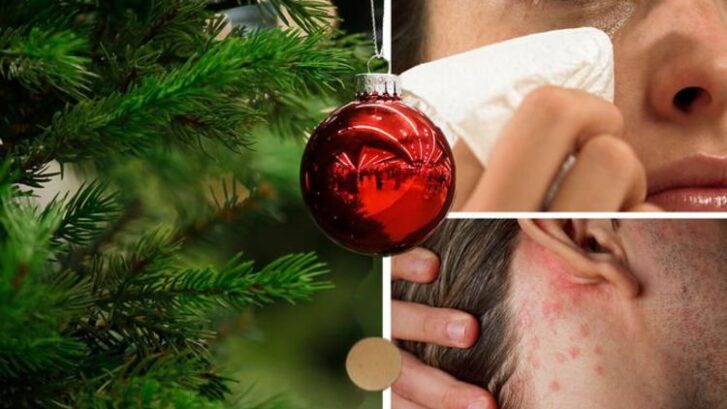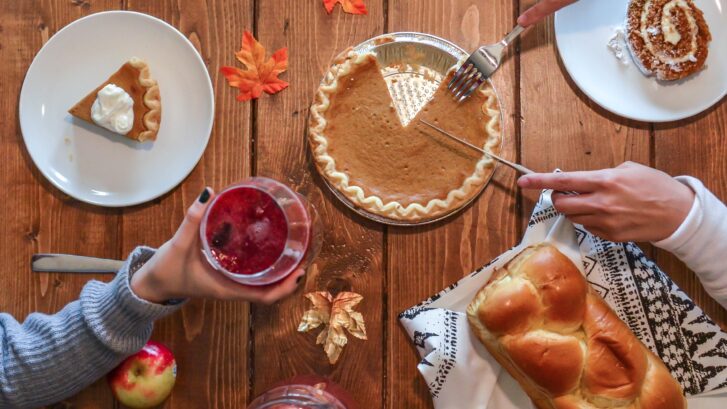Holiday Festivities with Weight Loss Medications: A Delicate Balance
As the winter holidays approach, filled with festive gatherings and sumptuous meals, many individuals face a unique challenge this year: deciding whether to continue their weight loss medication regimens. Medications like Ozempic, Wegovy, and Mounjaro have become increasingly popular for weight management. However, the holiday season is prompting some to reconsider their medication schedules for various reasons, from desiring to indulge in holiday feasts without discomfort to financial considerations.
The Dilemma: To Skip or Not to Skip?
A report from Good Morning America highlights a trend where individuals are contemplating skipping doses of their weight loss drugs in the lead-up to the holiday festivities. Dr. Dan Maselli, an endobariatric physician and research director at True You Weight Loss, acknowledges these reasons as “totally understandable.” He notes that some patients prefer to avoid the stigma associated with taking such medications, especially from relatives who may not be aware of their weight loss journey.
While temporarily halting these medications may not cause immediate harm or withdrawal symptoms, Dr. Maselli emphasizes that caution is needed when resuming them.
Resuming Medication: A Cautious Approach
The key concern with drugs like Ozempic, Wegovy, and Mounjaro lies in how the body readjusts after a break in medication. “These medications are meant to be taken long-term and consistently,” Dr. Maselli explains. Missing doses can lead to the body losing its acclimation, particularly regarding gastrointestinal side effects. He advises against restarting at the same dosage level without consulting a doctor, as this could result in discomfort or, in extreme cases, be unsafe.
Potential Side Effects
Patients who abruptly resume their usual dosage after a break may experience a range of side effects, including nausea, vomiting, diarrhea, constipation, cramping, and heartburn. Therefore, it’s crucial for individuals who have missed doses to contact their prescribing doctor for guidance, possibly needing to restart the medication regimen from a lower dose or even from square one.
The Rising Popularity of Weight Loss Drugs
This holiday season dilemma comes against increasing reliance on medications like Ozempic, Wegovy, and Mounjaro for weight loss assistance. Pharmaceutical companies Novo Nordisk and Eli Lilly, which produce these drugs, have witnessed significant boosts in their stock prices, reflecting the growing demand for these medications.
Final Thoughts
The holiday season often brings unique challenges for those managing their weight with medications. While skipping doses might seem like a temporary solution for enjoying holiday festivities, it’s essential to understand the implications and proceed cautiously. Consulting your primary care doctors in Jupiter and considering long-term health goals should be at the forefront of any decision during this festive season.










